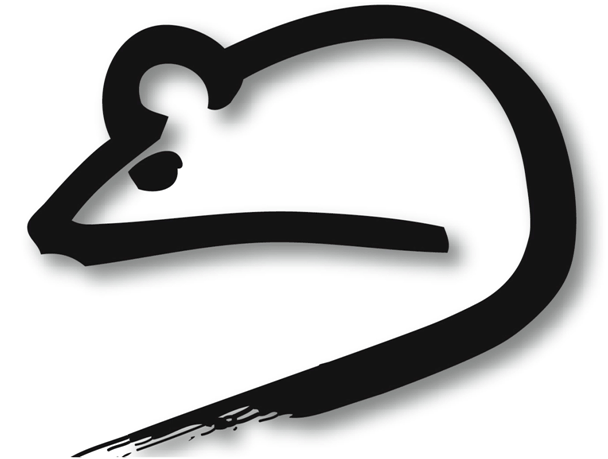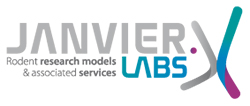Most European SPF ‘pasteurella free’ guineapig colonies are Hacmophilus spp antibody positive
DOI:
https://doi.org/10.23675/sjlas.v26i3.846Abstract
During 1993 - 1998 we tested sera of ´'pasteurella free’ guineapigs from 14 SPF breeding units of 8 European breeders by ELISA using whole cell antigens of 4 growth factor independent Pasteurellaceae (Actinoburi/lus-like taxon 5. P. mulluctda, P. pneumatmpica and SP group pasteurella) and 2 V - factor requiring Pasteurellaceae (Haemophilus Sp). Seropositiye guineapigs were detected in all 14 breeding units. The ELISAS performed with Haemophilus antigens detected significantly more positive samples than ELISAs done with non-Haemophihts antigens. In most units Showmg antibody activity against more than one Pasteurellaeeae antigen, median antibody levels detected by Huemophi/ux ELISAS were significantly higher than levels measured by the other assays. In 4 colonies also examined by culture the serological findings were confirmed by growth of Haemophims Sp, but growth factor independent Pasteurellaceae were not detected. Our findings indicate that Eurupeun ‘pasteurella free’ guineapig breeding colonies are very likely infected by V—faetor dependent Pasteurellaeeae (Haemopltilus Sp).







